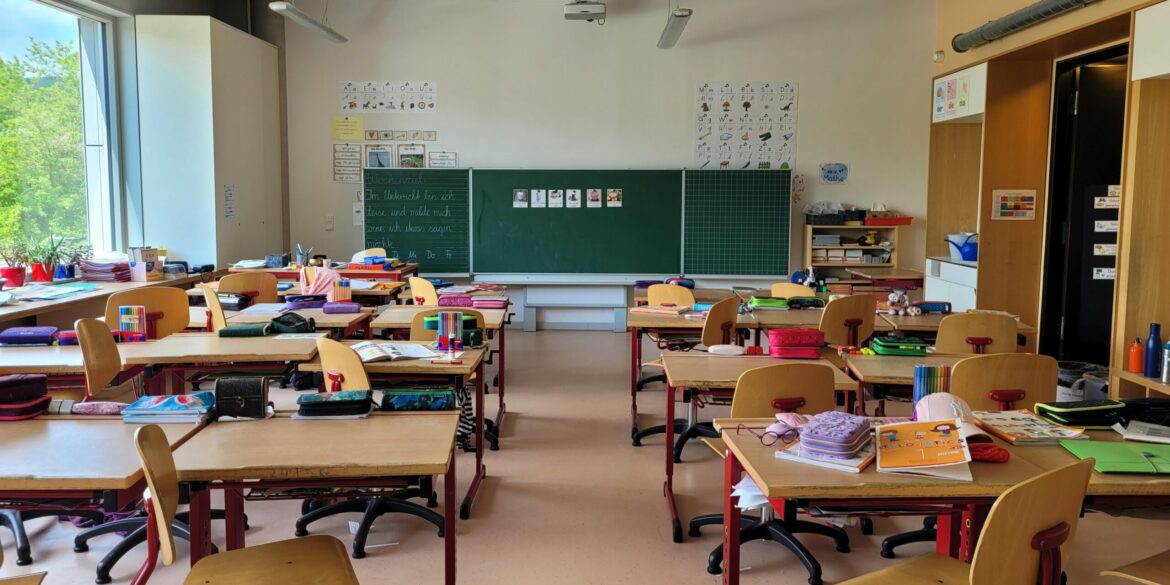In a landmark ruling on May 25, 2025, a California appeals court delivered a significant blow to the Temecula Valley Unified School District’s efforts to ban critical race theory (CRT) from its curriculum. The court ordered that the district immediately suspend the ban, which had been enacted in December 2022, until further litigation could determine the policy’s constitutionality. The ruling has ignited a firestorm of debate, highlighting the growing tension between educational authorities and conservative groups over the teaching of race and history in schools.
The case began after the Temecula school board, elected in a 2022 conservative wave, voted to implement a ban on CRT, arguing that it promoted division and racial animus. This ban was broad, not only restricting the teaching of CRT but also pulling textbooks from classrooms that mentioned historical figures such as Harvey Milk, an LGBTQ rights activist, and George Washington Carver, a prominent Black scientist, due to their inclusion in the context of race discussions.
The appeals court’s decision to suspend the ban came after a series of lawsuits filed by parents, educators, and civil rights groups who argued that the policy violated both the First Amendment and the Equal Protection Clause of the 14th Amendment. The court’s opinion, written by Judge Kathleen O’Leary, emphasized that the district’s actions lacked sufficient clarity and specificity, which resulted in confusion among educators and students about what was permissible in the classroom.
“We find that the district’s sweeping resolution has caused harm to students and teachers by forcing them into a position where they cannot freely discuss crucial historical events or explore issues that impact their lives today,” Judge O’Leary wrote. The court concluded that the district had failed to adequately define what constituted CRT and thus could not justify such an expansive ban.
The ruling represents a significant legal victory for those advocating for a more inclusive education system. Civil rights groups celebrated the decision, calling it a win for academic freedom and racial justice. “This decision sends a clear message: schools should be places where students can learn about all aspects of history, including the difficult parts,” said one advocate from the California Teachers Association.
However, the ruling was met with fierce opposition from conservative groups and school board members in Temecula, who argue that teaching CRT goes beyond education and encourages a divisive, politicized agenda. “This decision undermines local control of education and imposes a one-size-fits-all approach to the curriculum,” said one of the conservative board members.
The decision is part of a broader, nationwide debate over how race and history should be taught in schools. The controversy over CRT has become a hot-button issue in American politics, with many conservatives advocating for “patriotic education” that emphasizes American exceptionalism and minimizes discussions of racism and inequality. The fight over CRT in schools has also become a major point of contention in school board elections across the country.
The appeals court’s decision could have long-term implications for other districts across the state and the nation. Many expect that this ruling will serve as a precedent for other challenges to similar bans in other parts of the country. As the case moves through the courts, all eyes will be on how it could reshape the future of education policy, especially in states where similar bans on CRT are being considered.
For now, the suspension of the CRT ban remains in effect, and the legal battles in Temecula will continue to unfold.

